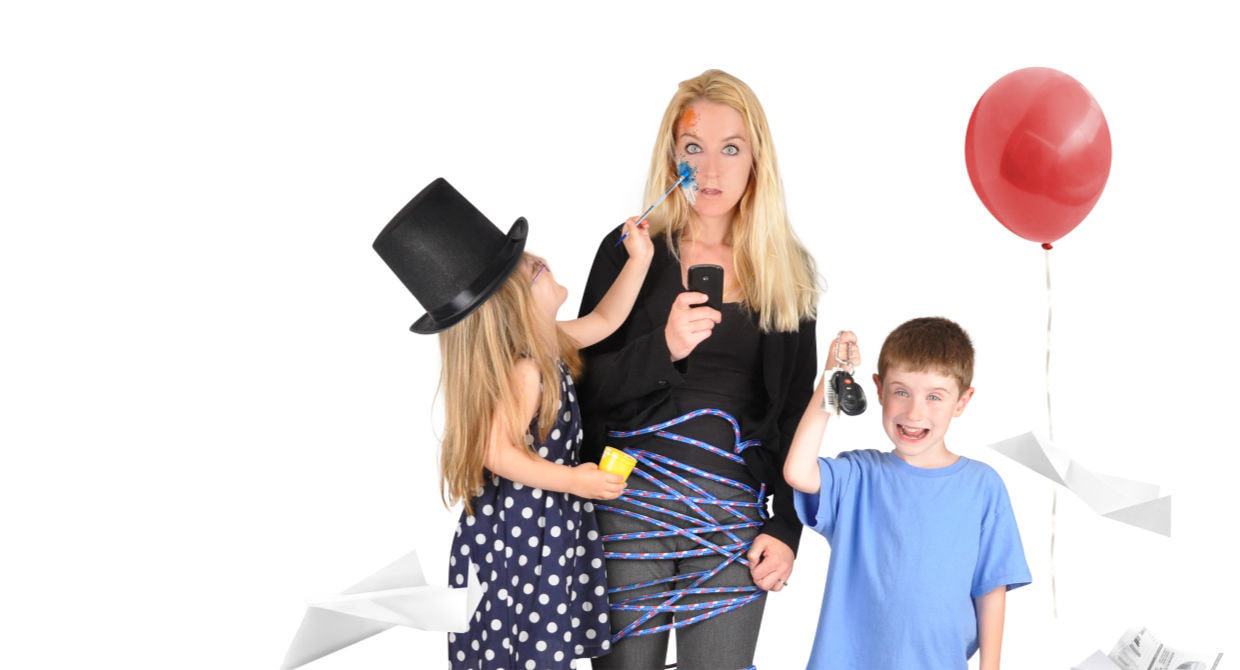


What’s the magic word?
What do you say?
Close your mouth!
Do you ever feel like a parrot in your attempts to get your kids to use their manners?
You’ve worked on “please” and “thank you” since they were two–so why do they seem to need a refresher course on a daily basis? Trust me, you’re not alone.
In parenting education circles, we often say, “A child who always forgets has a parent who always remembers.”
The reality is that constant reminders aren’t likely to change your kids’ behavior long-term. Fortunately, it’s entirely within your reach to raise a child who says “excuse me” even when you’re not around.
Use the five steps below to help your kids brush up on their manners once and for all:
1. Practice What You Preach
Make certain you always remember the “magic word,” whether you’re casually asking your spouse to pass the butter or telling your six-year-old to put her shoes away.
Your kids will learn more by what you do than by what you constantly say.
2. Teach What You Preach
Remember that good manners don’t come naturally–your kids won’t “grow into” them.
You can, however, take time for training on anything from table manners to respect for elders and effectively prepare your kids to handle any social situation with polite ease.
Pick a time when everyone’s calm, and a topic (for instance, how to introduce and be introduced at their cousin’s upcoming wedding). Then talk through the phrases and behavior you expect them to demonstrate. Use action figures or dolls for younger kids, and plenty of practice so that your kids will feel comfortable with the manners you expect.
3. Say What You Like
Once you’ve trained good manners, encourage it by catching your kids “in the right.”
Tell them, “You really made the meal pleasant with your good manners,” or, “Grandma really appreciated being able to tell her story without being interrupted.”
4. Don’t Take “Yes” for an Answer
Let your kids know that you expect to hear “No, thank you,” “Yes, please,” and all the rest–and won’t respond to requests that aren’t accompanied by appropriate manners.
Next time Brady asks for a ride to a friend’s house without a “please,” flash a non-verbal re-do signal (like circling your finger in the air) to gently remind him to rephrase his request more politely.
Make it clear the answer will be a NO unless he can ask using proper manners. To counter bad dinnertime behavior, tell your kids in advance that you’ll clear away the dishes of anyone who doesn’t use good table manners (belching at the table, chewing with an open mouth, etc.).
5. Don’t Say, “What Do You Say?”
Once you’ve trained your kids to say “thank you,” don’t embarrass them with constant reminders–let them shine on their own.
On the other hand, do reveal in advance the natural consequences of rudeness: people won’t want to be around them or do nice things for them. If your kids continue to forget their manners, it might be time for some more training.
With these steps–and plenty of time and practice–your kids will get the hang of “please” and “thank you,” and you’ll stop sounding like a parrot.
Title Image: mimagephotography / Shutterstock https://www.shutterstock.com/photos








